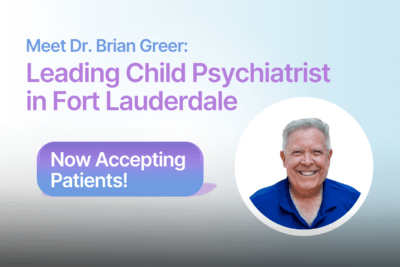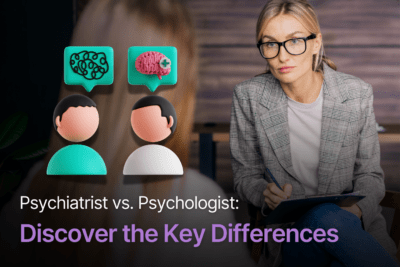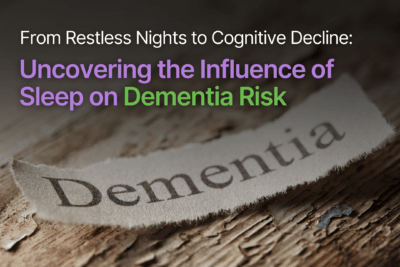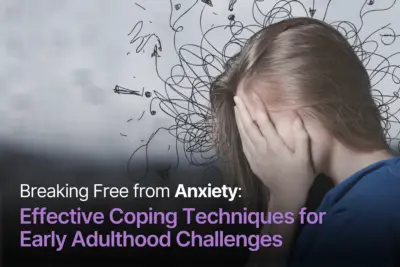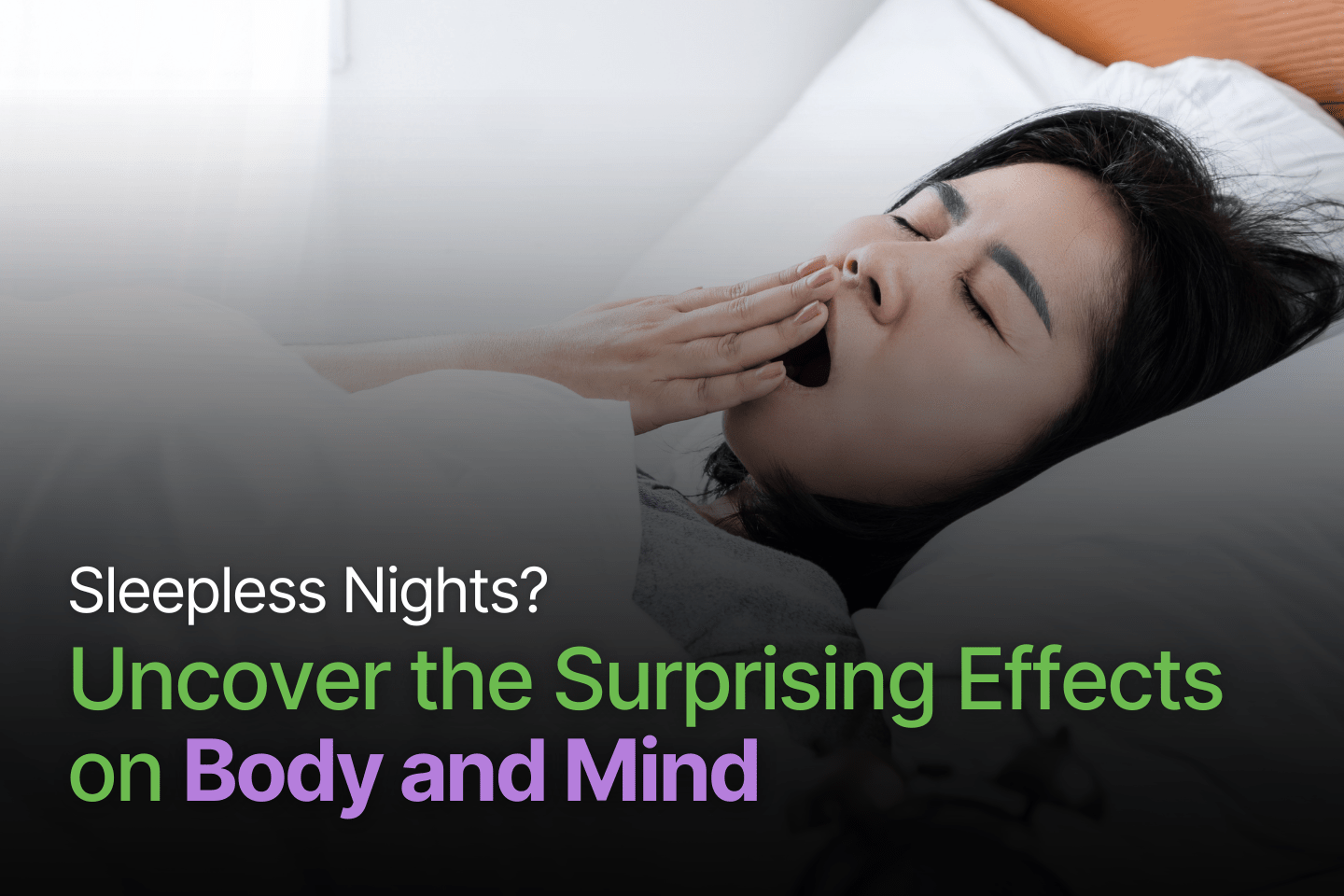
The Relationship Between Sleep and Mental Health: What You Need to Know
In the relentless pace of modern life, sleep often takes a backseat. But as we navigate our busy schedules, we might be overlooking one of the most essential components of our well-being: sleep. This crucial element does more than simply recharge our bodies; it plays a pivotal role in our mental health. Understanding the intricate connection between sleep and mental health is key to improving both our nightly rest and overall well-being. Let’s dive into how sleep influences mental health, explore the cyclical nature of their relationship, and discover strategies to foster better sleep for better mental health.
The Intricate Dance of Sleep and Mental Health
The interplay between sleep and mental health is complex and deeply intertwined. Research reveals that sleep disturbances can significantly impact mental health, while mental health challenges can lead to sleep issues. This reciprocal relationship creates a cycle that can be challenging to break but crucial to understand.
Statistics Highlighting the Connection:
- According to the National Sleep Foundation, approximately 50-70 million Americans suffer from chronic sleep disorders, many of which are linked to mental health issues.
- The American Psychological Association reports that 75% of people with insomnia also experience symptoms of depression or anxiety.
These statistics underscore the significant impact that sleep can have on mental health and vice versa.
Emotional Processing: Sleep’s Secret Weapon
Sleep is not just a period of physical rest but also a crucial phase for emotional processing. During the rapid eye movement (REM) stage of sleep, the brain processes and consolidates emotional experiences from the day. This process helps us to manage stress, regulate our mood, and maintain emotional balance.
When sleep is compromised, this processing is disrupted. This disruption can lead to increased vulnerability to emotional stressors, exacerbating conditions such as anxiety, depression, and mood swings. A study published in the Journal of Clinical Psychiatry found that individuals with poor sleep quality were more likely to experience elevated levels of anxiety and depression.
The Vicious Cycle: Sleep Disorders and Mental Health
Sleep disorders often exacerbate mental health issues, creating a vicious cycle. Common sleep disorders such as insomnia, sleep apnea, and restless leg syndrome can contribute to or worsen mental health conditions.
Insomnia: Difficulty falling or staying asleep can increase feelings of irritability and stress. The National Institutes of Health (NIH) states that insomnia is often associated with mood disorders and can lead to a heightened risk of depression and anxiety.
Sleep Apnea: This disorder, characterized by intermittent pauses in breathing during sleep, can lead to fragmented sleep and has been linked to depression and cognitive impairment. The American Academy of Sleep Medicine notes that untreated sleep apnea can significantly impact overall mental health.
Restless Leg Syndrome (RLS): This condition causes uncomfortable sensations in the legs and an uncontrollable urge to move them, which can disrupt sleep and contribute to increased stress and anxiety.
Recognizing and addressing these disorders is crucial in breaking the cycle and improving both sleep and mental health.
Strategies for a Better Night’s Sleep
Improving sleep quality involves more than just creating a bedtime routine; it requires a comprehensive approach that encompasses lifestyle changes and environmental adjustments. Here are some effective strategies:
1. Consistency is Key: Establish a regular sleep schedule by going to bed and waking up at the same time every day, even on weekends. Consistency helps regulate your body’s internal clock, leading to more restful sleep.
2. Create a Pre-Sleep Ritual: Develop a relaxing bedtime routine to signal your body that it’s time to wind down. Activities such as reading a book, practicing mindfulness, or taking a warm bath can help ease the transition to sleep.
3. Optimize Your Sleep Environment: Ensure your bedroom is conducive to sleep by keeping it dark, quiet, and cool. Invest in a comfortable mattress and pillows to enhance your sleep quality.
4. Be Mindful of Diet and Exercise: Maintain a balanced diet and engage in regular physical activity. However, avoid vigorous exercise and heavy meals close to bedtime, as these can interfere with your ability to fall asleep.
5. Seek Professional Advice: If you experience persistent sleep issues, consult a healthcare provider or sleep specialist. They can offer tailored advice and treatments to address underlying causes and improve your sleep.
The Broader Implications for Well-Being
Addressing sleep and mental health is not only about improving individual sleep patterns but also about fostering overall well-being. Quality sleep enhances cognitive function, emotional resilience, and physical health. By prioritizing sleep, we can enhance our ability to cope with stress, improve our mood, and reduce the risk of mental health disorders.
Statistics on the Benefits of Good Sleep:
- Research published in Sleep Medicine Reviews indicates that improving sleep can lead to significant reductions in symptoms of depression and anxiety.
- A study in JAMA Network Open found that individuals who improved their sleep habits experienced better overall mental health and reduced stress levels.
Wrapping It Up
Understanding the profound link between sleep and mental health can transform our approach to both. Sleep is not just a luxury but a fundamental pillar of our overall health. By recognizing the interplay between these two aspects and implementing strategies to improve sleep quality, we can enhance our mental health and overall well-being.
Incorporate these insights into your life and witness the positive changes in your mental health. Embrace the power of sleep as a tool for emotional and psychological healing, and take the steps needed to prioritize rest.
References:
- National Sleep Foundation. (n.d.). What Happens When You Sleep. Retrieved from National Sleep Foundation
- Mind, the Mental Health Charity. (n.d.). Retrieved from Mind
- The Sleep Council. (n.d.). Retrieved from The Sleep Council
- American Psychological Association. (2020). Stress and Sleep. Retrieved from APA
- Journal of Clinical Psychiatry. (2017). The Impact of Sleep Disorders on Mental Health. Retrieved from Journal of Clinical Psychiatry
- National Institutes of Health. (2022). Insomnia and Depression. Retrieved from NIH
- American Academy of Sleep Medicine. (2021). Sleep Apnea and Mental Health. Retrieved from AASM
- JAMA Network Open. (2019). The Relationship Between Sleep and Mental Health. Retrieved from JAMA Network Open
Embrace these resources as a guide to improving your understanding of the vital connection between sleep and mental health. Rest well for a brighter, happier tomorrow.
Embrace these resources as your guide on the journey towards understanding and improving the symbiotic relationship between sleep and mental health. Rest well for a brighter, happier tomorrow.





